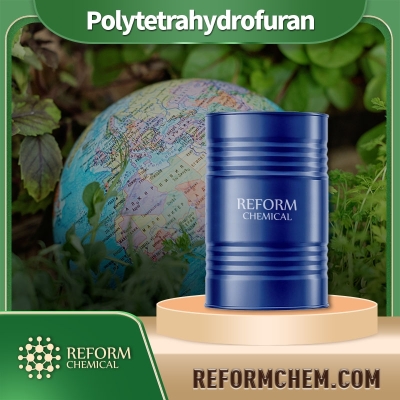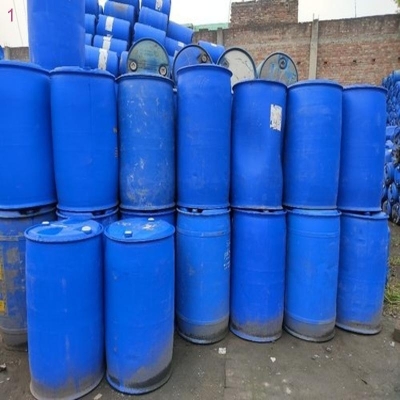-
Categories
-
Pharmaceutical Intermediates
-
Active Pharmaceutical Ingredients
-
Food Additives
- Industrial Coatings
- Agrochemicals
- Dyes and Pigments
- Surfactant
- Flavors and Fragrances
- Chemical Reagents
- Catalyst and Auxiliary
- Natural Products
- Inorganic Chemistry
-
Organic Chemistry
-
Biochemical Engineering
- Analytical Chemistry
-
Cosmetic Ingredient
- Water Treatment Chemical
-
Pharmaceutical Intermediates
Promotion
ECHEMI Mall
Wholesale
Weekly Price
Exhibition
News
-
Trade Service
Recently, Japan's Ministry of Economy, Trade and Industry announced plans to popularize fuel cell vehicles (FCVs
).
According to the plan, Japan aims to sell a cumulative total of 200,000 fuel cell vehicles in 2025 and 800,000 units
in 2030.
At the same time, Japan plans to double the number of hydrogen refueling stations that fuel fuel cell vehicles to 160 by 2020, and double the number again by 2025
.
By then, the total number of hydrogen refueling stations nationwide in Japan will reach 320
.
Fuel cell vehicles use hydrogen as fuel, and because they do not emit greenhouse gases during driving, they are regarded as one of the most important development directions of the new generation of
eco-friendly vehicles.
However, the high cost of manufacturing and setting up a network remains a major obstacle
to the development and popularization of fuel cell vehicles at this stage.
According to Japanese media reports, at present, in Japan, the price of an ordinary fuel cell car often exceeds 7 million yen (about 400,000 yuan), and the installation cost of a hydrogen refueling station is as high as about 400 million yen (about 23 million yuan).
Affected by this, there are only more than 500 fuel cell vehicles sold in Japan, and there are only more than 80 hydrogen refueling stations
nationwide.
To this end, Japan's Ministry of Economy, Trade and Industry plans to help related industries reduce costs
through policies such as subsidies and relaxation of restrictions.
The Ministry of Economy, Trade and Industry expects that the cost of fuel cells will be halved
by 2020 with the reduction in the use of high-value raw materials and the standardization of parts.
By 2025, the cost of fuel cells will fall to about
a quarter of what they are today.
By then, the overall price of fuel cell vehicles will drop to more than 2 million yen, making them a model
that ordinary consumers will also be happy to buy.
In addition, according to the target set by the Ministry of Economy, Trade and Industry, the installation cost of hydrogen refueling stations will be reduced to about 200 million yen (about 11.
5 million yuan) per place after 2025, which is comparable to that of Europe and the United States, and the goal
of making profits without policy support will be achieved.
Recently, Japan's Ministry of Economy, Trade and Industry announced plans to popularize fuel cell vehicles (FCVs
).
According to the plan, Japan aims to sell a cumulative total of 200,000 fuel cell vehicles in 2025 and 800,000 units
in 2030.
At the same time, Japan plans to double the number of hydrogen refueling stations that fuel fuel cell vehicles to 160 by 2020, and double the number again by 2025
.
By then, the total number of hydrogen refueling stations nationwide in Japan will reach 320
.
Fuel cell vehicles use hydrogen as fuel, and because they do not emit greenhouse gases during driving, they are regarded as one of the most important development directions of the new generation of
eco-friendly vehicles.
However, the high cost of manufacturing and setting up a network remains a major obstacle
to the development and popularization of fuel cell vehicles at this stage.
According to Japanese media reports, at present, in Japan, the price of an ordinary fuel cell car often exceeds 7 million yen (about 400,000 yuan), and the installation cost of a hydrogen refueling station is as high as about 400 million yen (about 23 million yuan).
Affected by this, there are only more than 500 fuel cell vehicles sold in Japan, and there are only more than 80 hydrogen refueling stations
nationwide.
To this end, Japan's Ministry of Economy, Trade and Industry plans to help related industries reduce costs
through policies such as subsidies and relaxation of restrictions.
The Ministry of Economy, Trade and Industry expects that the cost of fuel cells will be halved
by 2020 with the reduction in the use of high-value raw materials and the standardization of parts.
By 2025, the cost of fuel cells will fall to about
a quarter of what they are today.
By then, the overall price of fuel cell vehicles will drop to more than 2 million yen, making them a model
that ordinary consumers will also be happy to buy.
In addition, according to the target set by the Ministry of Economy, Trade and Industry, the installation cost of hydrogen refueling stations will be reduced to about 200 million yen (about 11.
5 million yuan) per place after 2025, which is comparable to that of Europe and the United States, and the goal
of making profits without policy support will be achieved.







